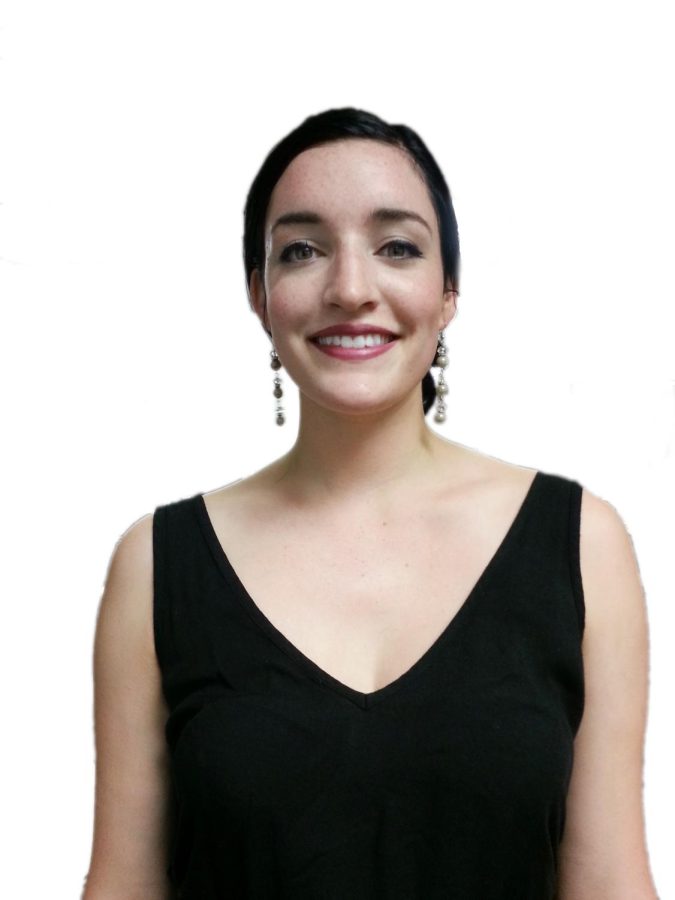Opinion: JMC’s whistleblowing faculty is inspiring
Rachel Godin is a junior journalism major and columnist for the Daily Kent Stater. Contact her at [email protected].
April 22, 2014
Our school of journalism and mass communication’s response to the recent presidential search is proof that JMC faculty is doing its job well. In Monday’s Stater, the faculty of JMC “publicly condemned the presidential search process and lack of access to public records in a resolution the school’s professors signed at a faculty meeting Friday.”
Out of 33 JMC faculty members, 28 asked the university to immediately release all the presidential search’s public records in the resolution. When these faculty members chose to do this, they manifested what they teach in the classroom. They stood up for what is right, regardless of the fact that the groups they were criticizing are their employers. Wrong is wrong.
That’s not all. Faculty immediately followed through on the “raw, loud public statement” that associate professor Karl Idsvoog said would be an appropriate follow-up to the insufficiency of the resolution. If you missed the full-page ad in Tuesday’s paper, you missed out.
Pick one up in the student media office in Franklin Hall. The ad, paid for by individual professors, reads: “We’re embarrassed by our administration’s refusal to disclose public records related to the recent presidential search. And we’re troubled over credible news reports that some of these records may have been shredded to avoid public inspection…At the School of Journalism & Mass Communication we instill in our students a reverence for open government and the right of a free press and public to engage in the oversight of government agencies. It is our duty to do this.”
senior news major Rebecca Reis who wrote Monday’s front-page story “County auditor questions ‘sad’ KSU presidential search privacy,” said, “As far as I can tell, student media has been looking into the presidential search since it began, especially after reporters made records requests and were given the runaround. I think it’s important for student media to report on hard news like the transparency of the presidential search because not only is it good experience for student journalists, but it shows that we can and should be taken as seriously as other news organizations. The stories about the presidential search also tells the university that students are watching it, and we care how it conducts its affairs.”
It is of the highest importance for journalism students, and college students in general, to see excellence in action firsthand. It is the job of the media to present facts and call the public’s attention to subjects that impact them — inconsistency and secrecy in an institution that we spend so much to attend is absolutely not OK. It is not the job of the media to be cheerleaders of the institutions who fund and support them.
Seeing the people we learn from step up and push for transparency from our university’s administration is inspiring and powerful. Student journalists at Kent State are taught that in order to maintain and raise the standards in the craft of journalism we need to be ethical, accurate, newsworthy and courageous in our storytelling.
JMC faculty’s responses have been creative, bold and a striking contrast to the ambivalence that permeates mainstream media.












